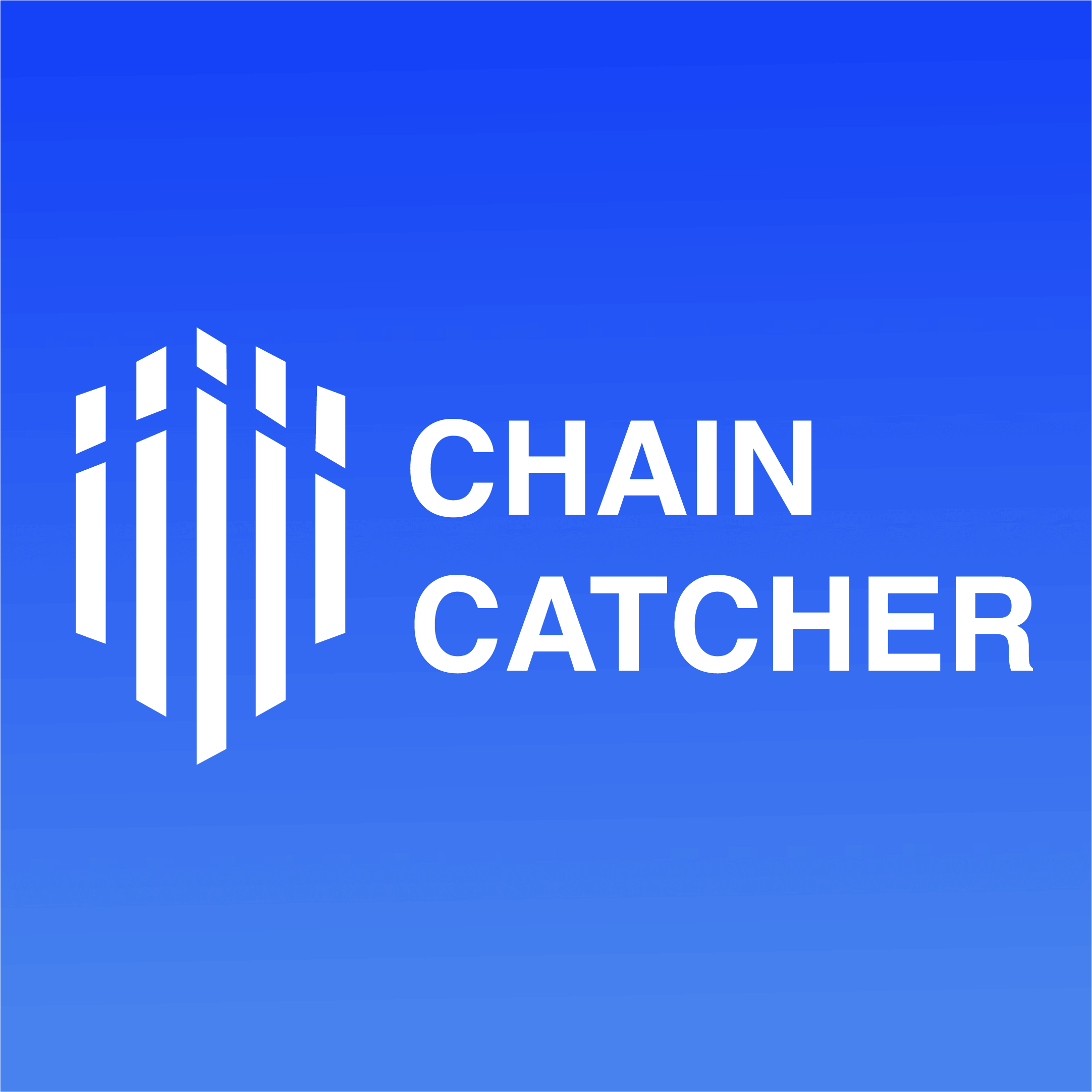Starpower Launches Airdrop Event After Graduating from Alliance's 13th Phase

This month, the decentralized energy network Starpower has successfully graduated from Alliance’s 13th phase and has launched an exciting airdrop event. The initiative has already attracted over 200,000 newly registered users, reinforcing Starpower’s status as the leading energy decentralized physical infrastructure network (DePIN) in terms of user base. Looking ahead, the project has ambitious plans to surpass 1 million users by 2024 and aims to outpace Tesla’s device activation numbers within the next five years, leveraging its innovative DePIN model.
According to insights from the Web3 asset data platform RootData, Starpower operates as an open protocol for decentralized energy networks. The recently initiated airdrop event is set to run until the mainnet launch, during which a total of 30 million tokens will be distributed as rewards. These rewards will be allocated to users who purchase devices, activate NFTs, and engage actively within the community. This strategic move not only incentivizes user participation but also aims to build a robust ecosystem around decentralized energy solutions.
In light of these developments, ChainCatcher emphasizes the importance of approaching blockchain technology with a rational mindset. Users are encouraged to enhance their risk awareness and exercise caution regarding various virtual token issuances and speculative activities. It is crucial to note that all content provided by ChainCatcher serves as market information or opinions from related parties and should not be interpreted as investment advice. For any sensitive information encountered, users are urged to report it for prompt handling.
Related News





